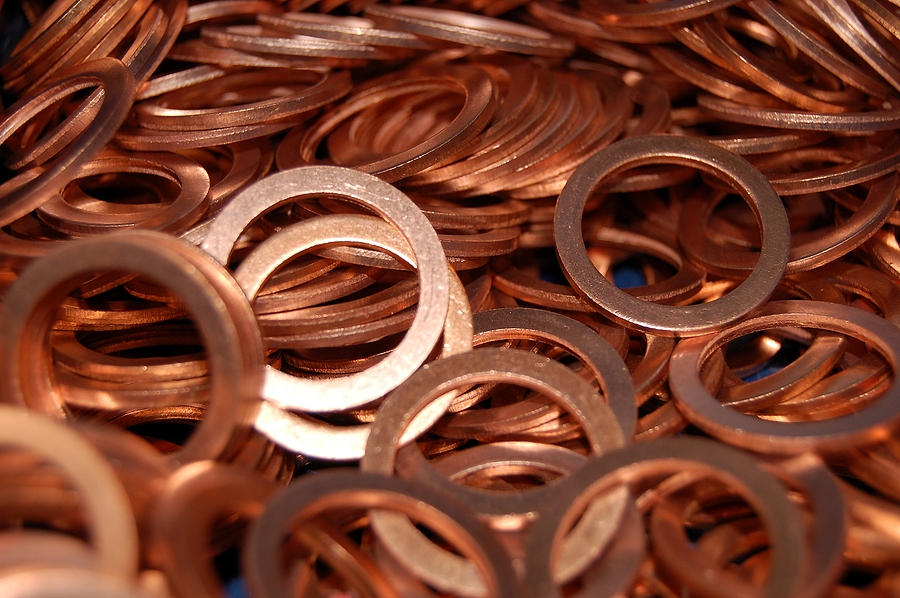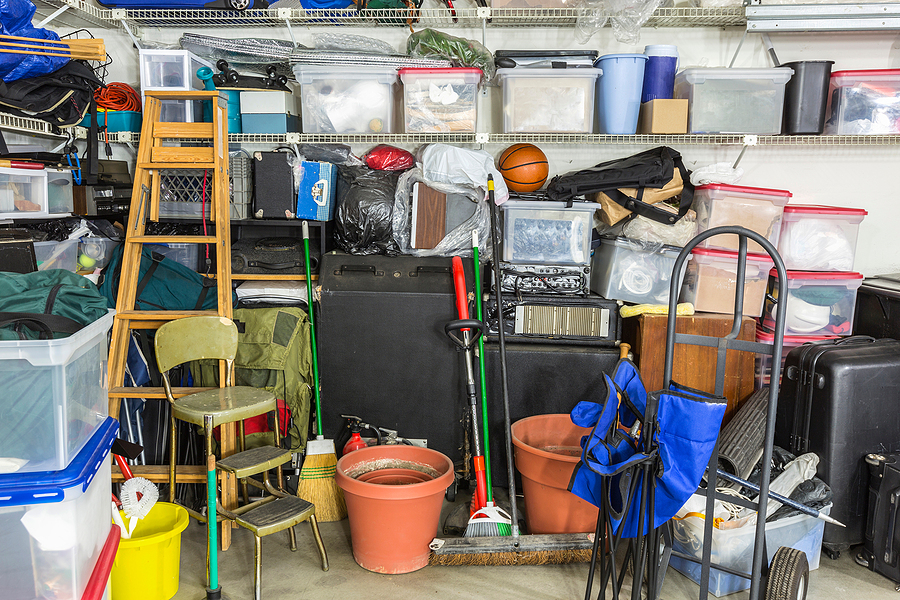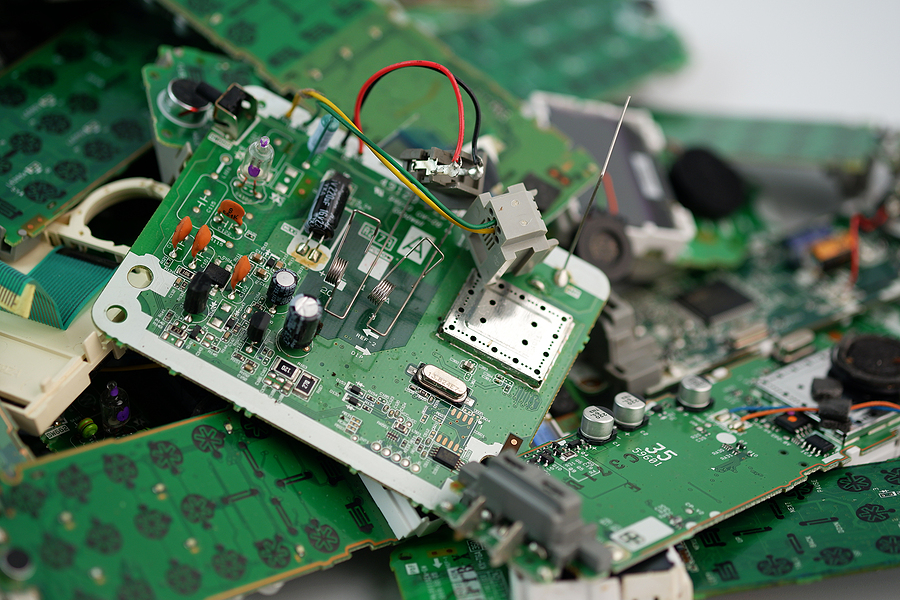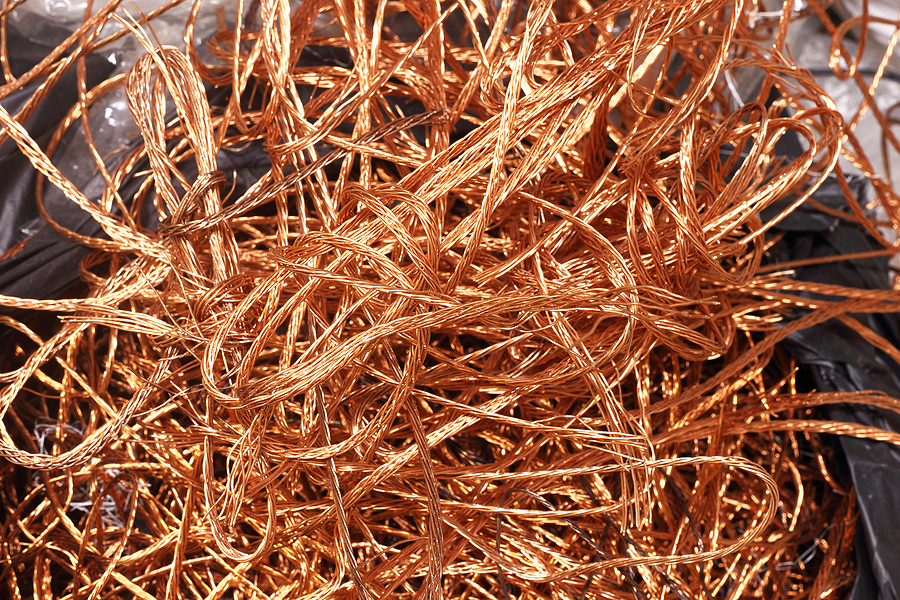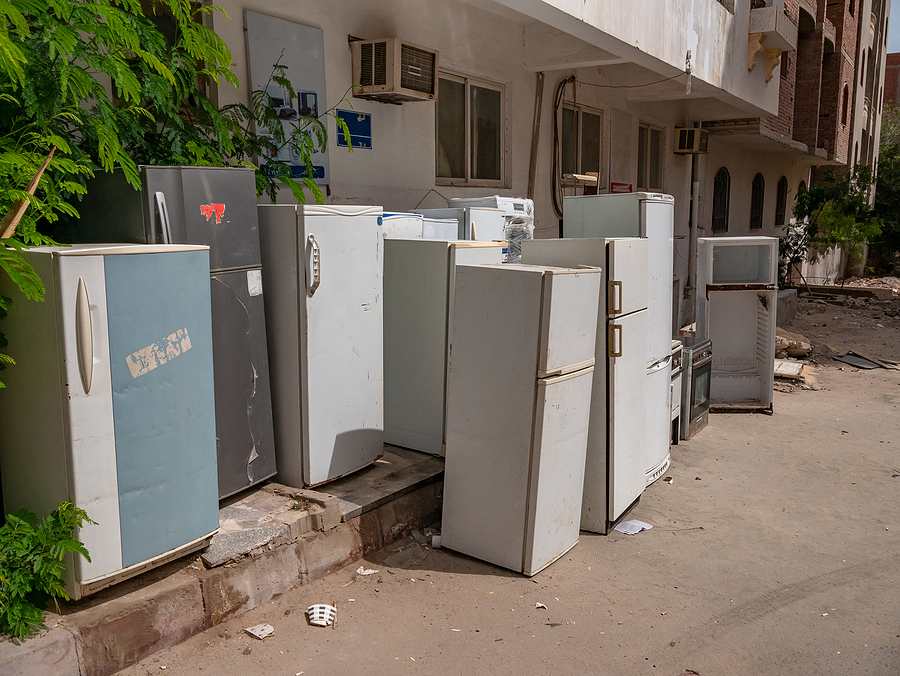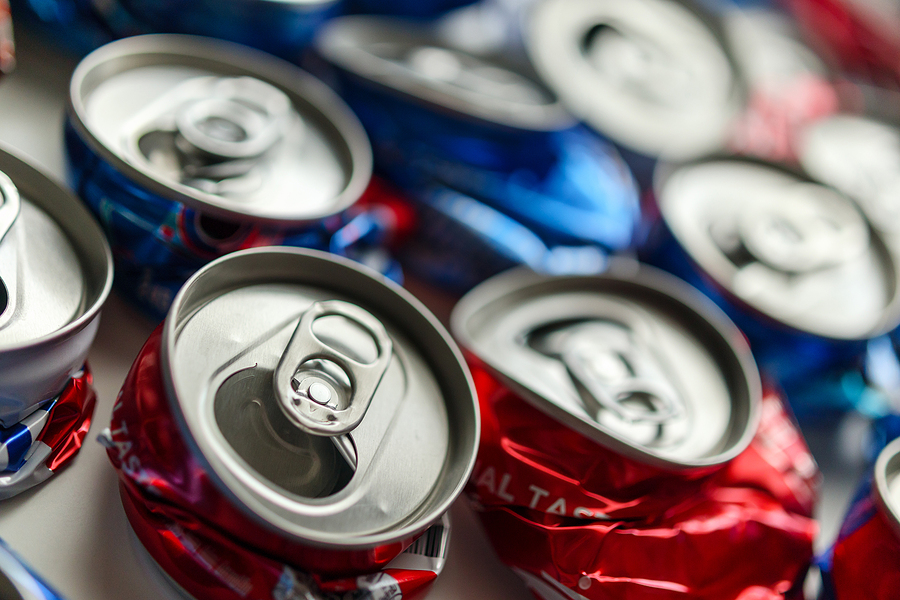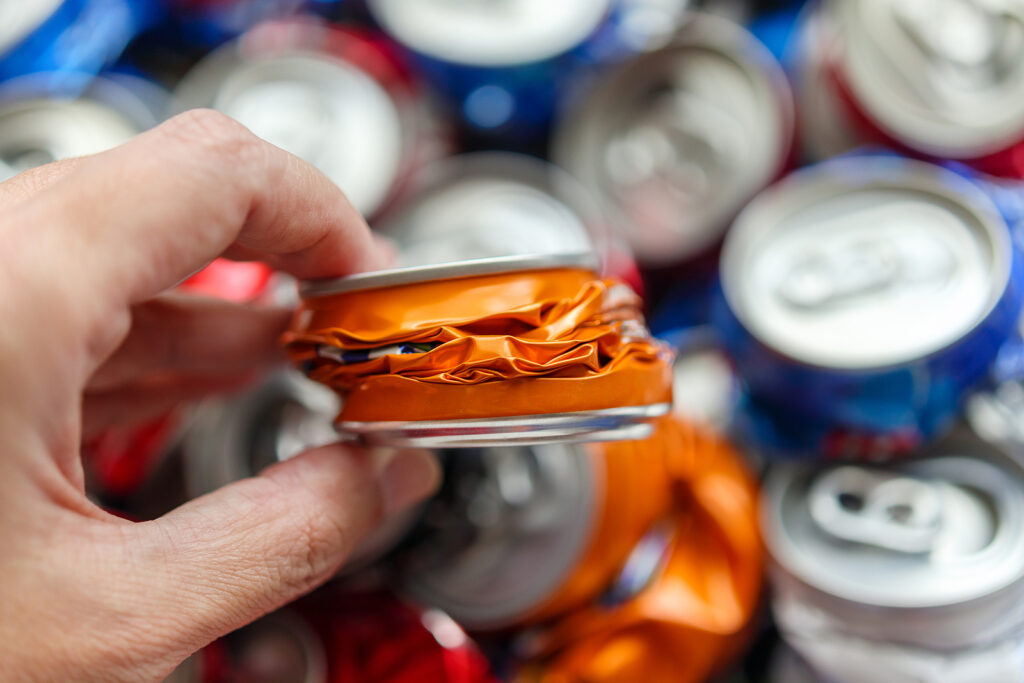March 11th is World Plumbing Day!
The intricate link between scrap metal recycling and the global plumbing industry may not be immediately apparent, but when the pipes, fittings, and fixtures of the plumbing world reach the end of their life, they often circle back into the economic and environmental cycle through recycling. This World Plumbing Day, it’s important to recognize the pivotal role of plumbing in sustainable living and the actions we can take to ensure a greener, healthier planet.
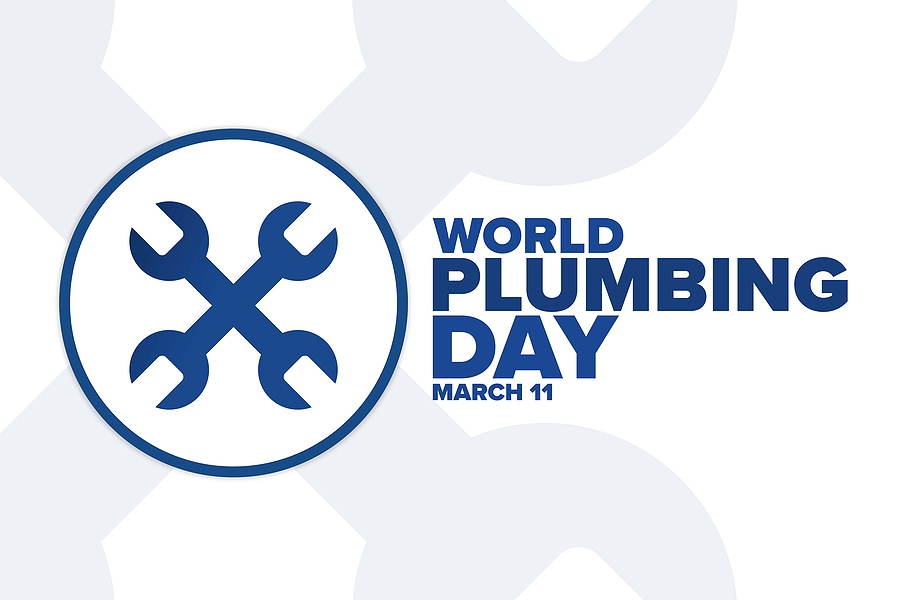
The Link Between Scrap Metal Recycling and Plumbing
Understanding the essential connection between scrap metal and plumbing sets the foundation for appreciating the environmental implications of the plumbing industry. Every year, millions of tons of scrap metal are generated globally, and a significant portion of this comes from discarded plumbing materials. The practice of recycling these metals not only reduces waste but also significantly lessens the energy demands and emissions associated with extracting and refining new metals.
Recycling within the plumbing industry isn’t a new concept, and it’s intricately woven into the daily operations of professionals around the globe. Whether it’s a small home renovation or a large-scale construction project, durable metals like copper, brass, and stainless steel are staples in plumbing systems. Recognizing the life cycle of these materials—from production to installation to eventual end-of-life recycling—is a key step towards realizing the industry’s sustainability potential.
Sustainability Efforts in the Plumbing Industry
Sustainability has become a buzzword across industries, and for good reason. In the plumbing sector, advancements in material technology and practice are making space for Eco-friendly alternatives and refined processes. World Plumbing Day serves as a poignant reminder of the industry’s ongoing commitment to global access to clean water and environmental responsibility.
The advent of green building standards, water-efficient fixtures, and the phasing out of lead-based plumbing materials demonstrates a significant shift towards a more Eco-friendly plumbing industry. Furthermore, efforts to minimize water waste and facilitate efficient water recycling systems are becoming part of the everyday life for plumbing professionals.
Recycle Plumbing Parts to Preserve Resources
Copper, known for its recyclability without any loss in quality, is a popular choice in plumbing. It’s for this reason that we often see an effort to remove and recycle copper pipes and fittings during building demolitions and renovations. However, the recycling process is not as straightforward as dropping these items in a bin and waiting for them to be processed for reuse.
Professionals and homeowners alike play a pivotal role in ensuring that recyclable plumbing parts actually make it to recycling facilities. Posting signs at construction sites, participating in collection programs, and properly sorting waste are all actions that can make a world of difference in preserving these valuable resources and preventing them from ending up in landfills.
Green Plumbing Practices and Their Impact
The plumbing industry’s sustainability extends beyond material recycling. Innovations in water saving technologies, such as low-flow fixtures and greywater systems, are transforming the way we use and reuse water. The integration of these practices not only decreases water waste and supports conservation efforts but can also lead to savings for households and businesses.
Eco-friendly plumbing practices are poised to redefine the industry, making it more responsive to the needs of a growing global population and the finite resources of our planet. High-efficiency toilet installations, waterless urinals, and smart irrigation systems are just a few examples of how the plumbing sector is leading the way in conservation through Eco-friendly innovation.
Engaging the Community for Ecologically-Friendly Plumbing
Communities and local governments can wield significant influence in promoting sustainable plumbing practices. Planning regulations, public awareness campaigns, and incentives for green plumbing installations are methods through which the community can encourage a shift towards more Eco-conscious choices.
On an individual level, learning about Eco-friendly plumbing options and choosing qualified professionals who prioritize environment-friendly techniques is a straightforward yet effective way to contribute to the green cause. Partnering with local recycling centers and supporting plumbing businesses that have robust recycling programs are also meaningful actions that can be taken.
The Ultimate Connection on World Plumbing Day
World Plumbing Day is much more than a date on the calendar. It’s an annual opportunity to celebrate the indispensable role of plumbing in public health and the environment. For the uninitiated, this specialized occasion educates on the relationship between plumbing, health, and the appropriate maintenance and design of plumbing systems and waste disposal practices.
It’s another year to reflect on the progress made towards sustainability in the plumbing industry, while also acknowledging the challenges that remain. From promoting equitable access to plumbing resources in under-served communities to advancing the latest in water-saving technologies, World Plumbing Day stands as a beacon for an industry that is continually striving for better.
Driving Sustainable Plumbing into the Future
As World Plumbing Day dawns upon us, the baton of responsibility is passed on to the next generation of plumbing professionals and Eco-conscious consumers. The actions we take today—whether it’s properly disposing of old plumbing materials or investing in water-efficient fixtures—ripple into the future, shaping the plumbing landscape in an increasingly Eco-friendly manner.
With every recycled pipe, every water-saving device, and every sustainable innovation, the plumbing industry takes one step closer to its full potential as a guardian of both human and environmental health. The connection is clear; the mission is urgent. On this World Plumbing Day and beyond, it’s our collective duty to honor the past, protect the present, and pave the way for a sustainable plumbing legacy.
In Summary
The intertwined nature of scrap metal recycling and the plumbing industry is a model for the role that every sector can play in a more circular economy. By recognizing the World Plumbing Day and taking steps to support Eco-friendly practices, we not only foster a better environment today but contribute to a brighter future for all who depend on the vital services plumbing provides.
Do you wish to dispose of your scrap plumbing parts in a responsible and lucrative manner? If so, contact Zore’s Recycling at 317-244-0700 to recycle scrap metal for cash on the spot in Indianapolis, Indiana. We accept all construction and household scrap metal, including appliances and electrical equipment.
Related Posts:
The Environmental Benefits of Scrap Metal Recycling
Demystifying Lead: Its Usage and Impact on the Environment
How to Support Steel Sustainability

